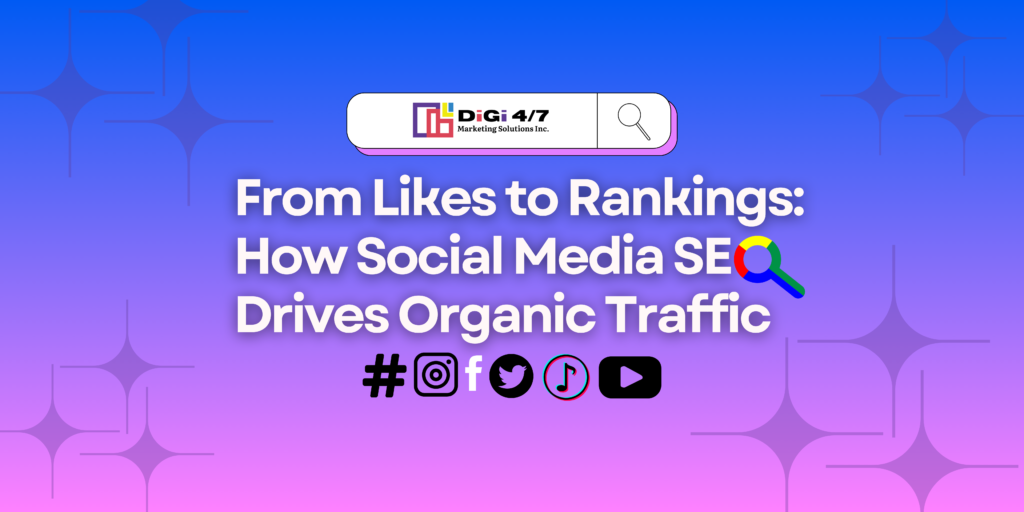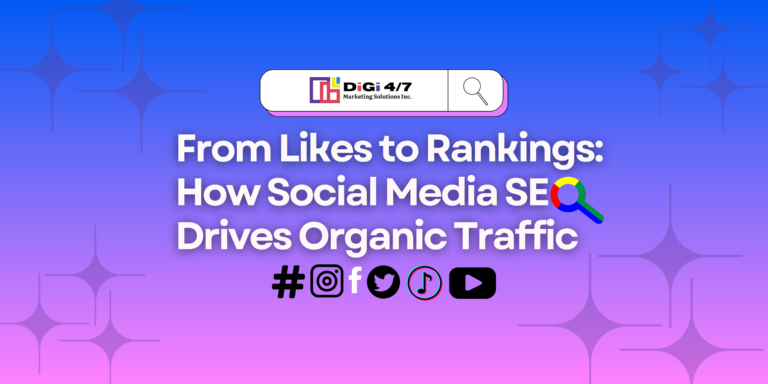
The Future of E-commerce: What’s Next for Online Shopping
E-commerce has revolutionized how we shop, offering convenience and accessibility to consumers worldwide. As technology evolves, so does online shopping. The future promises even more innovations, changing how businesses operate and how consumers interact with products and services. This essay explores the key trends shaping the future of e-commerce.
1. The Rise of Artificial Intelligence and Machine Learning
Artificial intelligence (AI) and machine learning will play a central role in e-commerce. These technologies help businesses deliver personalized shopping experiences. By analyzing consumer behavior and preferences, AI offers tailored product suggestions. Chatbots and virtual assistants are becoming more sophisticated, providing seamless support. In the future, AI will influence pricing, inventory management, and other aspects of the shopping experience.
2. The Expansion of Augmented Reality and Virtual Reality
Augmented reality (AR) and virtual reality (VR) will transform online shopping. AR lets consumers visualize products in real-world environments. They can try on clothes virtually or see how furniture fits in their homes. VR provides immersive experiences, allowing customers to explore virtual stores. These technologies will become standard in e-commerce, improving the online shopping experience and reducing uncertainty.
3. The Growth of Mobile Commerce
Mobile commerce (m-commerce) is rapidly becoming the dominant form of online shopping. With more consumers using smartphones and mobile payment solutions, businesses are optimizing for mobile use. The rise of 5G networks will further enhance the mobile shopping experience. Voice commerce, powered by assistants like Siri and Alexa, will also grow, allowing consumers to shop using voice commands.
4. The Integration of Social Commerce
Social media platforms are becoming powerful e-commerce channels. Consumers can now purchase products directly through apps like Instagram, Facebook, and TikTok. Influencers play a big role in social commerce, as their recommendations drive sales. In the future, social commerce will expand, offering seamless shopping experiences and helping businesses build brand loyalty.
5. The Emergence of Voice and Conversational Commerce
Voice commerce is gaining popularity as voice-activated devices like Amazon Echo and Google Home become more common. Conversational commerce, involving chatbots and messaging apps, is also on the rise. These technologies offer a more natural shopping experience. As AI and natural language processing improve, voice and conversational commerce will become more intuitive.
6. The Focus on Sustainability and Ethical Shopping
Sustainability is a growing concern for consumers. Many now seek eco-friendly products and ethical brands. In response, e-commerce businesses are adopting sustainable practices. These include reducing packaging waste and offering carbon-neutral shipping. The future will see more transparency in supply chains, allowing consumers to track the environmental and social impact of their purchases.
7. The Expansion of Global E-commerce
E-commerce is becoming increasingly global. Advances in logistics, payment solutions, and translation services make it easier for businesses to sell internationally. Emerging markets in Asia, Africa, and Latin America will play a major role in this growth. Businesses will need to provide faster shipping, localized experiences, and better customer service to compete globally.
8. The Evolution of Payment Systems
Payment systems are evolving to meet consumer demands. Digital wallets, cryptocurrencies, and buy-now-pay-later options are becoming more popular. Future innovations may include blockchain technology for secure transactions and the rise of decentralized finance (DeFi). These changes will make payments more flexible and open up new e-commerce possibilities.
9. The Importance of Data Privacy and Security
With the rise of e-commerce, data privacy and security are more important than ever. Consumers are aware of the risks, such as data breaches and identity theft. Businesses are prioritizing security by implementing encryption, multi-factor authentication, and complying with regulations like GDPR. The future of e-commerce will focus on building trust by ensuring data privacy.
10. The Role of Automation and Robotics
Automation and robotics are changing e-commerce logistics. Automated warehouses, drones, and autonomous delivery vehicles are improving efficiency. These technologies reduce costs and speed up order fulfillment. In the future, businesses will use more robots for warehousing, delivery, and even customer service.
Conclusion
The future of e-commerce is bright, with ongoing technological advancements. AI, AR, and VR will make shopping more personalized and immersive. Mobile and social commerce will continue to grow. Sustainability, global expansion, and secure payment systems will help businesses meet diverse consumer needs. As e-commerce evolves, it will become faster, smarter, and more connected than ever before.




















